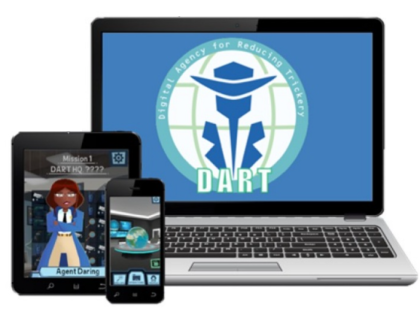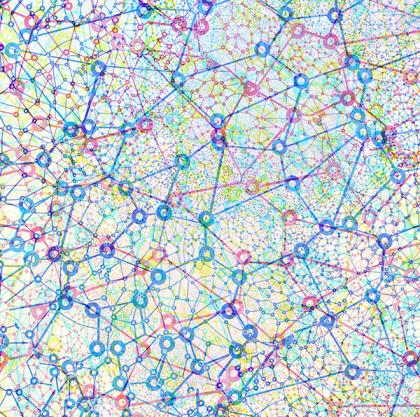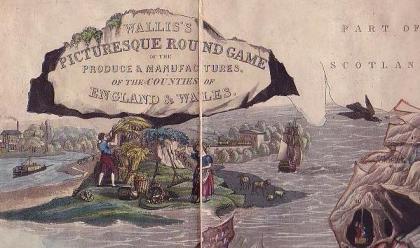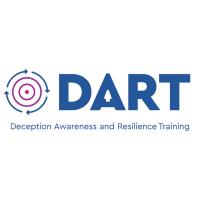Information Literacy
Information literacy is an important skillset that enables individuals to locate, contextualize, evaluate, effectively use, and appropriately communicate information in a variety of different formats
Researchers Working in this Area
-
 Carol TilleyAssociate Professor
Carol TilleyAssociate Professor -
 Catherine BlakeProfessor
Catherine BlakeProfessor -
 Janaynne Carvalho do AmaralPostdoctoral Research Associate
Janaynne Carvalho do AmaralPostdoctoral Research Associate -
 Jessie ChinAssociate Professor
Jessie ChinAssociate Professor -
 Jiangping ChenProfessor
Jiangping ChenProfessor -
 Kristen MattsonAdjunct Lecturer
Kristen MattsonAdjunct Lecturer -
 Kyungwon KohAssociate Professor and Director of the Champaign-Urbana (CU) Community Fab Lab
Kyungwon KohAssociate Professor and Director of the Champaign-Urbana (CU) Community Fab Lab -
 Michael TwidaleProfessor and Interim Associate Dean for Faculty Affairs
Michael TwidaleProfessor and Interim Associate Dean for Faculty Affairs -
 Rachel M. MageeAssistant Professor and Interim Undergraduate Program Director
Rachel M. MageeAssistant Professor and Interim Undergraduate Program Director -
 Ramazan Yener
Ramazan Yener -
 Sara L. SchwebelProfessor and Director of the Center for Children's Books
Sara L. SchwebelProfessor and Director of the Center for Children's Books





















